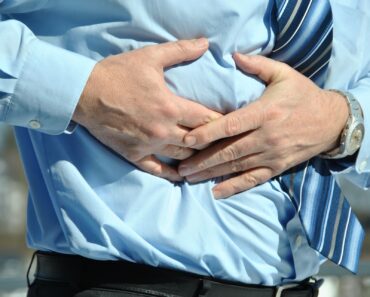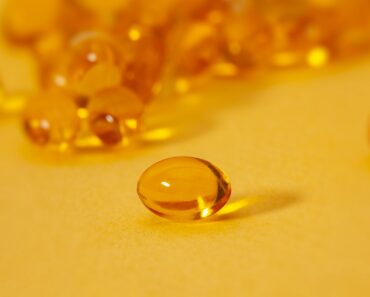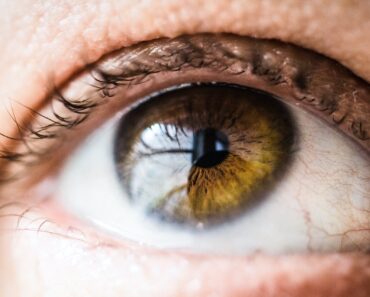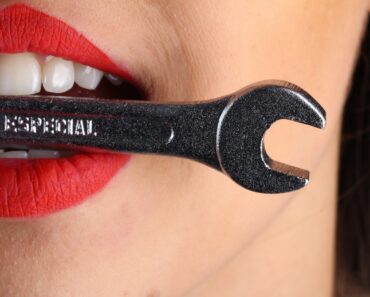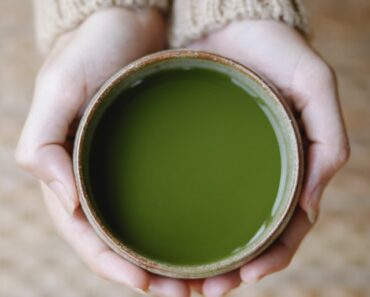That’s a very good question and one that you should be asking if you want to avoid more problems in the future. But to better understand why your teeth have become suddenly sensitive, another question comes first. What exactly is tooth sensitivity?
Exploring Tooth Sensitivity
Dentinal hypersensitivity is another name for tooth sensitivity, and it’s precisely what the name implies. Your teeth become hypersensitive to common stimuli such as hot and cold foods, even air passing through your mouth during breathing may cause pain.
Nature of the Pain
The pain experienced in tooth sensitivity is sharp and short-lived. It usually goes away upon the removal of the stimulus causing it. While sensitivity isn’t a big problem, the discomfort it causes is cumbersome and it is better to have it checked out in case it is part of a bigger problem.
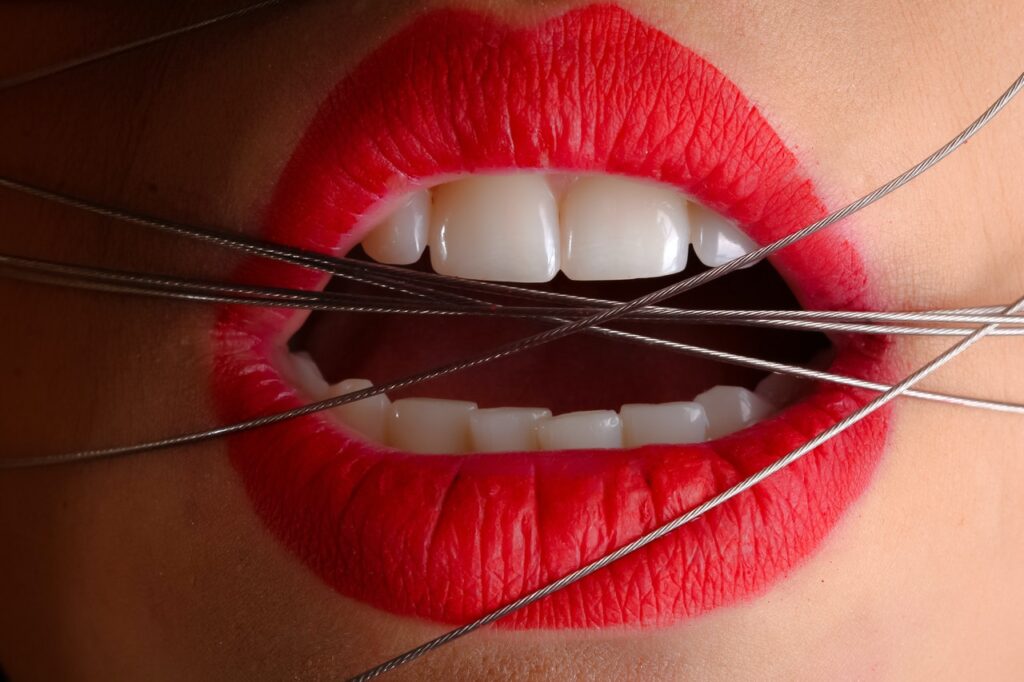
Why Are My Teeth Sensitive All of a Sudden?
Now to get back to your initial question, why are you suddenly experiencing sensitivity all of a sudden. While there are several factors that may be responsible, you are experiencing sensitivity due to the neuro-sensitive layer of your teeth becoming exposed.
Normally, your teeth are covered with enamel, the white substance of your teeth. Enamel is insensitive and protects your teeth. When the enamel wears off due to wear and tear by actions such as brushing hard, the underlying dentine becomes exposed.
Dentine, unlike enamel, is attached to the pulp of your teeth. The pulp has nerves which means it can receive stimuli and cause a sensation. This is the source of the discomfort you’re experiencing. Because the stimuli can now reach your nerves, you are experiencing sensitivity.
What Can Trigger Tooth Sensitivity?
Before looking at factors causing sensitivity, let us discuss what may trigger it
Hot and cold foods are the most prevalent causes of dental sensitivity. Everyday beverages such as tea, coffee, and chilled juices may cause your sensitive teeth to hurt. Carbonated drinks may also cause pain since they contain substances that erode your enamel. Drinking a lot of carbonated drinks may even be the primary cause of your dentinal hypersensitivity. The same stands the case for acidic foods like oranges, grapes, limes, and lemons.
Alcohol-based mouthwashes may trigger a stinging pain. Cold air passing through your mouth while breathing or talking can cause you dull pain. Sweet foods such as candies and desserts can contribute to sharp pain if the underlying cause of your sensitivity is plaque or bacteria. In severe cases, clinical therapy will is required.
Underlying Causes of Tooth Sensitivity
The sharp and acute pain you are feeling upon encountering certain stimuli is not an isolated issue. It hints at a deeper problem. These are some common causes of tooth sensitivity.
Mechanical Stress on Your Teeth
If you put too much mechanical strain on your teeth by either using a brush with hard bristles or by brushing hardly or by clenching and biting down on your teeth, you may damage the hard and protective enamel.
Plaque Buildup and/or Broken Teeth
In the case of bacteria in your teeth which may lead to plaque buildup and even chipping off of the teeth in pieces, you may suffer from hypersensitivity. Even teeth broken due to other causes can cause hypersensitivity by exposing the neuro-sensitive part of the teeth.
Disease in the Gums
Gum recession, which exposes the gum root, is a common symptom of gum disease. The gum root leads to the nerve center of the tooth (the pulp). The exposure of the root can then lead to sensitivity.
Acidic Foods
Regularly taking acidic foods like pickles, carbonated drinks and caffeinated beverages can cause tooth sensitivity. Controlling such foods in one’s diet, as well as using fluoride-containing toothpaste, may help to alleviate pain.
Dental Procedures
Certain dental procedures like teeth whitening, scaling, root canal therapy, etc can cause your teeth to be sensitive for some time afterward.
Treatment for Tooth Sensitivity
While it is recommended to visit your dentist to find out the actual cause of tooth sensitivity, a desensitizing toothpaste containing fluoride helps. Also, good oral hygiene through proper brushing, flossing, and regular checkups goes a long way to preventing all tooth diseases, not only tooth sensitivity.
References
- “Sensodyne®: About Sensitivity: What Causes Sensitive Teeth?” Sensodyne® | About Sensitivity | What Causes Sensitive Teeth?, https://www.sensodyne.com.pk/about-sensitivity/causes.html.
- “Treatments for Sensitive Teeth.” Mayo Clinic, Mayo Foundation for Medical Education and Research, 7 Dec. 2021, https://www.mayoclinic.org/healthy-lifestyle/adult-health/expert-answers/sensitive-teeth/faq-20057854#:~:text=Sensitive%20teeth%20are%20typically%20the,worn%20filling%2C%20or%20gum%20disease.
- “Teeth Sensitivity.” Cleveland Clinic, https://my.clevelandclinic.org/health/symptoms/10954-teeth-sensitivity.
- “Understanding Sensitivity.” Sensodyne, https://www.sensodyne.com/en-us/understanding-tooth-sensitivity/.
- Gotter, Ana. “Sensitive Teeth: Causes, Symptoms, Treatments, and More.” Healthline, Healthline Media, 29 Sept. 2018, https://www.healthline.com/health/sensitive-teeth#What-causes-sensitive-teeth?
- “Sensitive Teeth.” Mouth Healthy TM, https://www.mouthhealthy.org/en/az-topics/s/sensitive-teeth.

